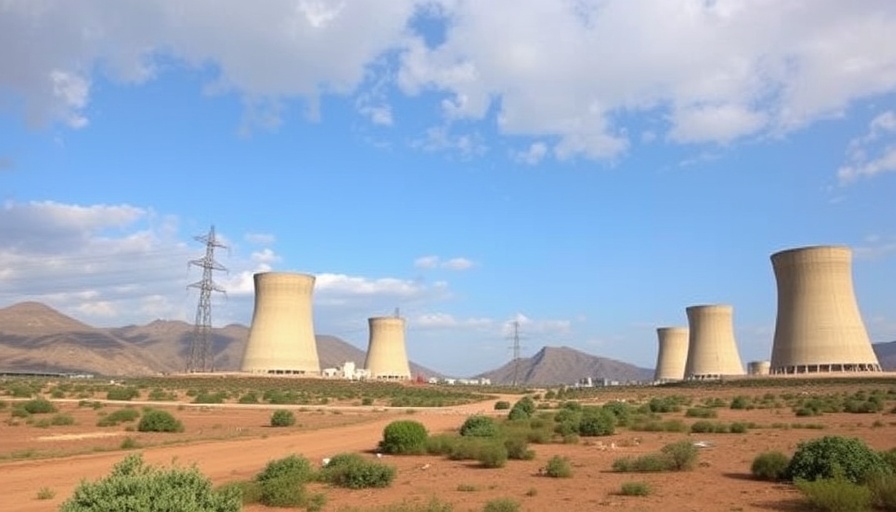
The Promise of African Nuclear Power
A new initiative spearheaded by a global agency aims to finance nuclear power projects across Africa. As countries on the continent seek reliable energy sources to fuel economic growth, this initiative could represent a shift in energy paradigms, offering a sustainable alternative to fossil fuels. Throughout the continent, energy crises have hindered development ambitions, with many nations grappling with intermittent electricity supply. Nuclear power, touted for its ability to provide a consistent energy output, may soon convert those aspirations into reality.
Investment Opportunities in Renewable Energy
The International Atomic Energy Agency (IAEA) has emphasized that nuclear energy can enhance energy security and economic resilience in Africa. The call for investment arises against the backdrop of Africa’s growing need for substantial energy infrastructure, with the continent expected to see a population boom, intensifying energy demands. Business leaders and policymakers must take note of potential stakeholders and investment pathways, paving the way for a robust nuclear energy management framework that can sustainably boost the African economy.
Challenges and Critiques of Nuclear Energy
However, the push for nuclear energy is not devoid of concerns. Critics argue about the risks associated with nuclear waste management and environmental impact. In light of Africa's socio-political contexts, apprehensions about governance and regulatory structures come to the fore. Policymakers and stakeholders must weigh these risks against the benefits, fostering a transparent dialogue around nuclear energy's role in Africa’s energy mix.
A New Player on the Global Stage
As this global agency reveals concrete plans to fund nuclear projects, the international community watches closely, given Africa's emerging geopolitical significance. Africa's energy development aligns with broader global interests in securing sustainable resources, especially in light of evolving trade dynamics. This initiative might not only enhance energy independence but could also strengthen Africa's position in global platforms discussing energy sovereignty.
Shared Responsibilities for a Sustainable Future
The road ahead will demand collaborative efforts among African governments, international organizations, and private investors. As the discourse continues, engaging diverse perspectives can illuminate pathways toward localized, sound energy solutions that echo international ideals of sustainability and security.
In conclusion, as nuclear energy emerges as a viable option for ameliorating Africa’s energy plight, it also serves as a gateway for economic opportunities. Business leaders and investors would do well to explore this avenue while policymakers and stakeholders ensure that governance frameworks support safe and sound development of nuclear energy projects. Only through shared responsibilities can Africa forge a sustainable future in its energy landscape.
 Add Row
Add Row  Add
Add 


 Add Row
Add Row  Add
Add 

Write A Comment